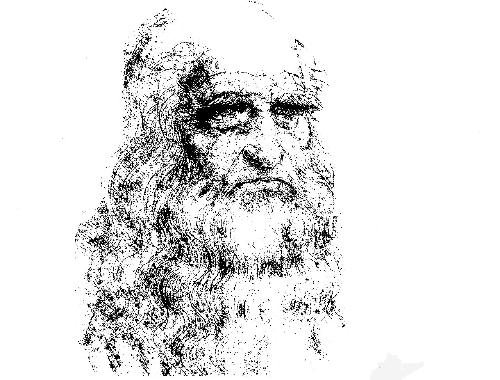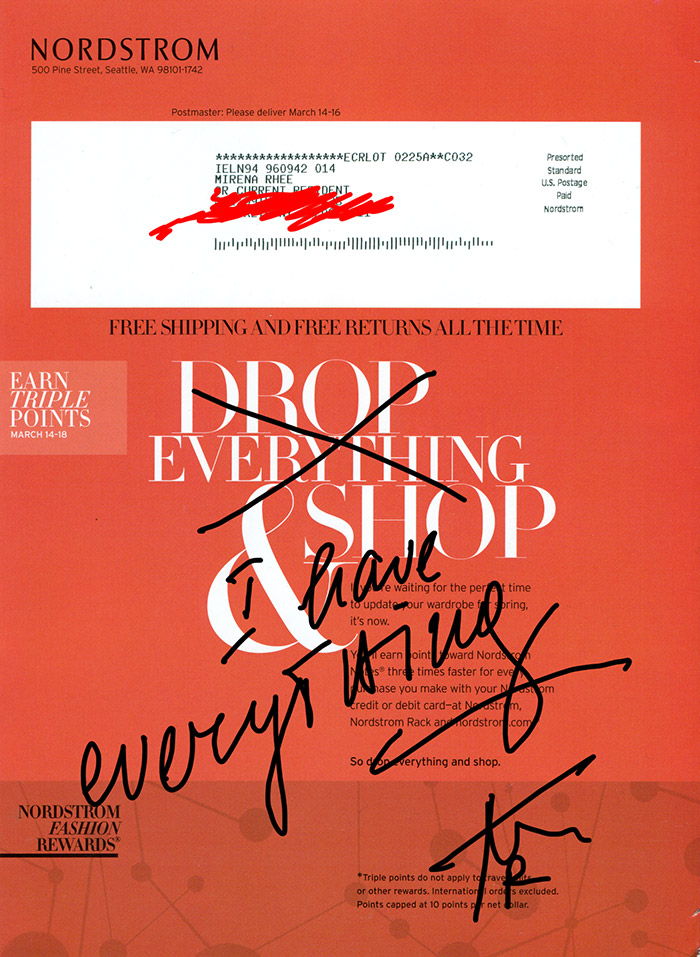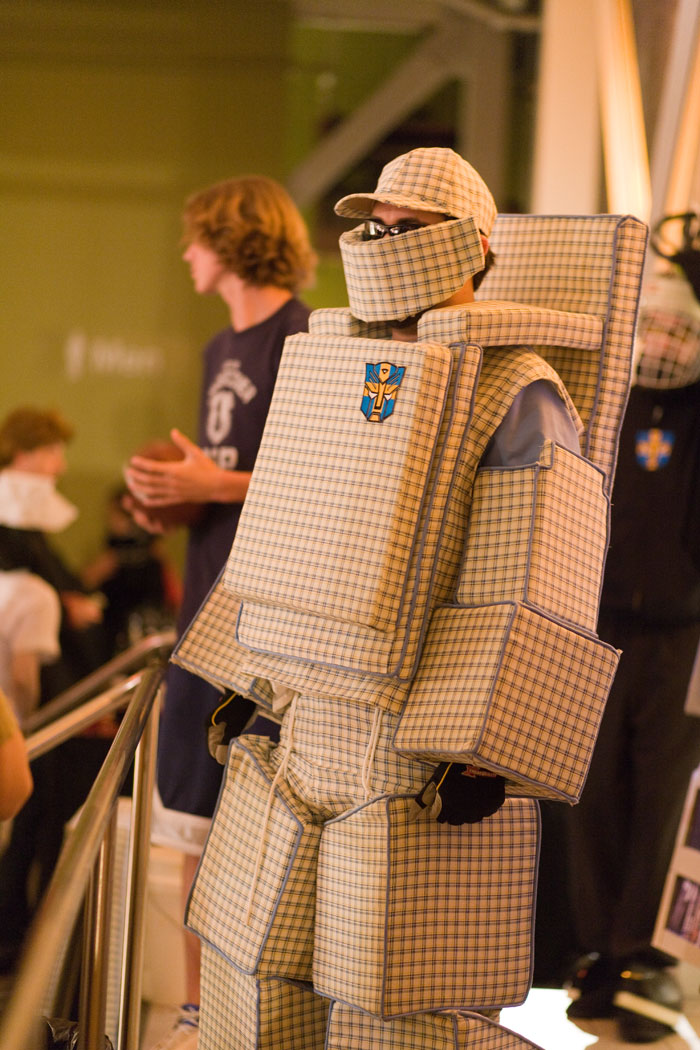One of the best media articles of 2014 which I found on an old internet haunt - digg. It has always been the case that we sooner or later discover that everything has already been thought of, or painted, or expressed. We get on our phones, the signal goes out to space and back to tells us that Plato is still pretty much interesting. When googling the Chauvet Cave I can't help but think about Picasso and the studies he did for Guernica.
Rest assured, nothing profoundly changed in 2014,
and
Happy Holidays.
Below is the article as it appeared in the The Daily Beast.
How José Ortega y Gasset's The Revolt of the Masses helps us understand everything from YouTube to Duck Dynasty.
I first read José Ortega y Gasset’s The Revolt of the Masses more than thirty years ago. I still remember how disappointed I was by this cantankerous book. I’d read other works by Ortega (1883-1955), and been impressed by the Spanish philosopher’s intelligence and insight. But this 1929 study of the modern world, his most famous book, struck me as hopelessly nostalgic and elitist.
Yet I recently read The Revolt of the Masses again, and with a completely different response. The same ideas I dismissed as old-fashioned and out-of-date back in the 20th century now reveal an uncanny ability to explain the most peculiar happenings of the digital age.
Are you, like me, puzzled to learn that Popular Science magazine recently shut down comments on its website, declaring that they were bad for science? Are you amazed, like me, that Duck Dynasty is the most-watched nonfiction cable show in TV history? Are you dismayed, like me, that crappy Hollywood films about comic book heroes and defunct TV shows have taken over every movie theater? Are you depressed, like me, that symphony orchestras are declaring bankruptcy, but Justin Bieber earned $58 million last year?
If so, you need to read The Revolt of the Masses. You’ve got questions. Ortega’s got answers.
First, let me tell you what you won’t find in this book. Despite a title that promises political analysis, The Revolt of the Masses has almost nothing to say about conventional party ideologies and alignments. Ortega shows little interest in fascism or capitalism or Marxism, and this troubled me when I first read the book. (Although, in retrospect, the philosopher’s passing comments on these matters proved remarkably prescient—for example his smug dismissal of Russian communism as destined to failure in the West, and his prediction of the rise of a European union.) Above all, he hardly acknowledges the existence of ‘left’ and ‘right’ in political debates.
Ortega’s brilliant insight came in understanding that the battle between ‘up’ and ‘down’ could be as important in spurring social and cultural change as the conflict between ‘left’ and ‘right’. This is not an economic distinction in Ortega’s mind. The new conflict, he insists, is not between “hierarchically superior and inferior classes…. upper classes or lower classes.” A millionaire could be a member of the masses, according to Ortega’s surprising schema. And a pauper might represent the elite.
The key driver of change, as Ortega sees it, comes from a shocking attitude characteristic of the modern age—or, at least, Ortega was shocked. Put simply, the masses hate experts. If forced to choose between the advice of the learned and the vague impressions of other people just like themselves, the masses invariably turn to the latter. The upper elite still try to pronounce judgments and lead, but fewer and fewer of those down below pay attention.
He understands that the rise of new technological tools gives a global scope to the unformed opinions of people who, in a previous era, would have only focused on what was nearby and familiar.
Above all, the favorite source of wisdom for the masses, in Ortega’s schema, is their own strident opinions. “Why should he listen, when he has all the answers, everything he needs to know?” Ortega writes. “It is no longer the season to listen, but on the contrary, a time to pass judgment, to pronounce sentence, to issue proclamations.”
Ortega couldn’t have foreseen digital age culture, but he is describing it with precision. He would recognize the angry, assertive tone of comments on web articles as the exact same tendency he identified in 1929. He would understand why Yelp reviews have more influence than the considered judgments of restaurant reviewers. He would know why Amazon customer comments have more clout than critics in The New Yorker. He would attend an angry town hall meeting or listen to talk radio, and recognize the same tendencies he described in his book.
Recently I had dinner with a friend who is affluent, educated, and a noted wine connoisseur. We were talking about wine critic Robert Parker and other experts, and my friend asserted that he now relies more on wine advice from websites where anyone can post their evaluations of different vintages. And if the mass mentality has taken over wine-tasting, what can we expect from film reviews or rock criticism?
Of course, this rise of mass opinion comes at a cost. For example, music criticism is turning into lifestyle reporting. Even specialist magazines avoid dealing with any technical descriptions of what a performer is doing, and I have a hunch that the less critics know about the structure of music, the more likely they are to succeed today. This same tendency, outlined with precision by Ortega back in 1929, can be seen in numerous other fields where experts once reigned, but have now been replaced by the opinions of the masses.
Strange to say, not all kinds of expertise are ignored nowadays. The same people who denounce expert opinion about movies or music will praise a skilled plumber or car mechanic. The value of blue-collar expertise is accepted without question. The same people who get angry when I make judgments about the skill level of a pianist, would never question my decision to pay more to hire a superior piano tuner. This is a peculiar state of affairs, but very much aligned with the “revolt of the masses.”
Ortega also predicted the close connection between advancing technologies and these new rude attitudes. He devotes an entire chapter to the co-existence of “primitivism and technology.” He understands that the rise of new technological tools gives a global scope to the unformed opinions of people who, in a previous era, would have only focused on what was nearby and familiar. Above all, he marvels at the fact that the “disdain for science as such is displayed with greatest impunity by the technicians themselves.” Or put differently, skill in manipulating a technology (say, Instagram or the iPhone, in our day) has nothing in common with a zeal for facts and empirical evidence. That shocked Ortega, but we encounter it daily on in the web.
I wish Ortega were around nowadays to comment on digital age culture. At one point in The Revolt of the Masses, he complains about a woman who told him “I can’t stand a dance to which less than 800 people have been invited.” So how would the Spanish philosopher respond to the crowd mentality that seeks out viral videos with a hundred million views? How would he evaluate TV reality shows in which the best singers or dancers are determined by the verdict of the masses? What would he think of political judgments shared by the millions in the form of 140-or-fewer-characters tweets?
I can’t do justice to all of this book’s riches in a short article. On almost every page, Ortega addresses some issue that still resonates today—for example, the rise of consumerism; or the possibility for barbarism to flourish in tandem with technology; or the unbalanced specialization which favors science over the humanities; or (in his words) “the loss of prestige of legislative assemblies.” You recognize all of those hot topics, don’t you?
Okay, we encounter these dysfunctional tendencies every day, but Ortega forces us to see them with a different perspective—from the standpoint of ‘up’ versus ‘down’. Indeed, his book is more valuable for the speculations it will spur in a current-day reader than in the specific situations Ortega addresses. But isn’t that always the measure of a timeless thinker?
















